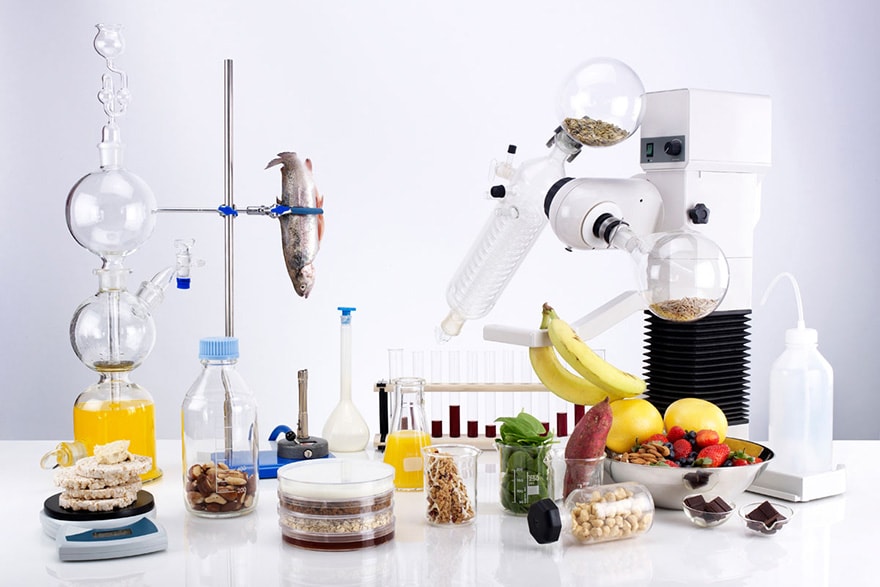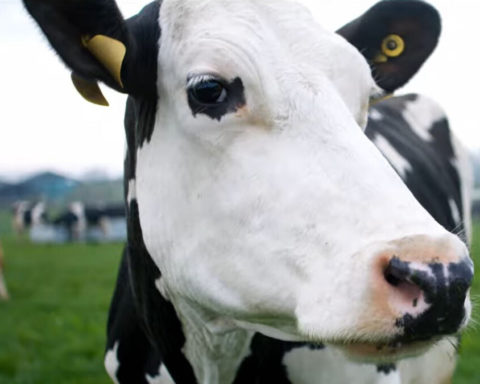Supporting trends

A flood of innovations

READ UP : Validation of the Bayer-Monsanto Marriage: the underside of creating a monster
Alliance games

All-powerful technology?


Anything to add? Say it as a comment.


READ UP : Validation of the Bayer-Monsanto Marriage: the underside of creating a monster



Anything to add? Say it as a comment.



Already registered? I'm connecting
Register and read three articles for free. Subscribe to our newsletter to keep up to date with the latest news.
→ Register for free to continue reading.

You have received 3 free articles to discover UP'.





